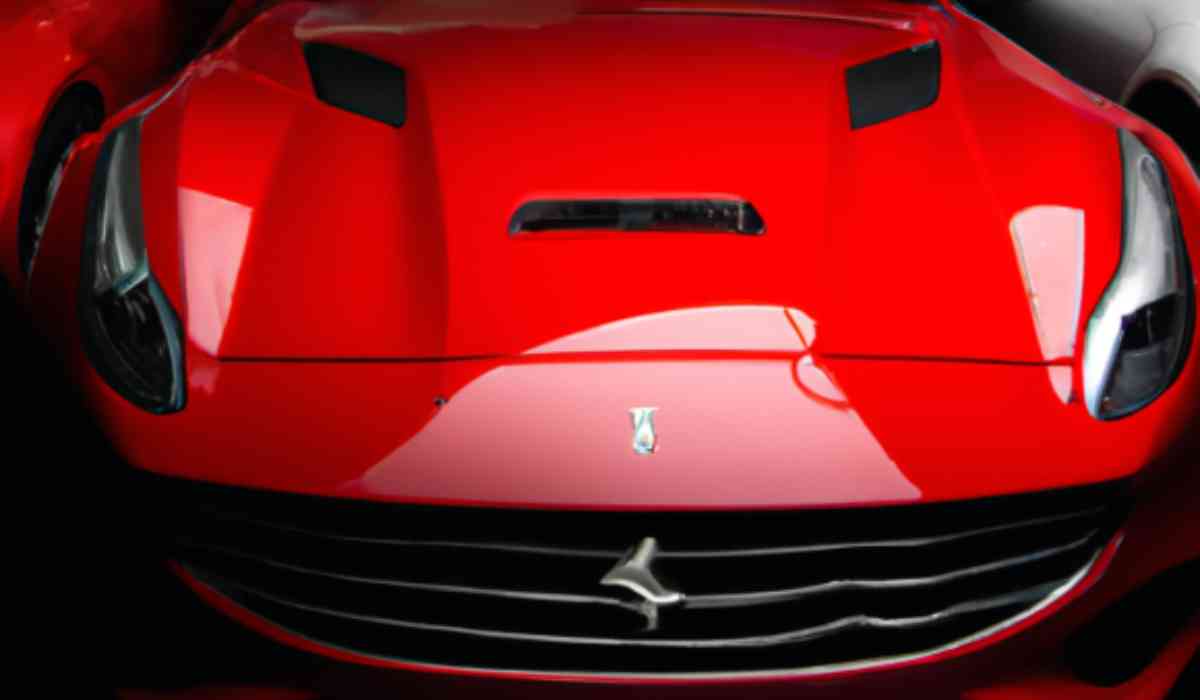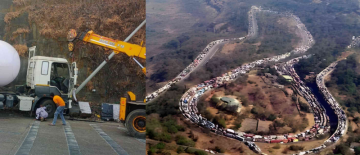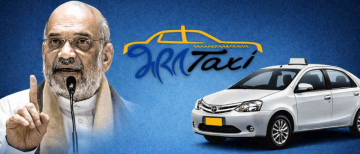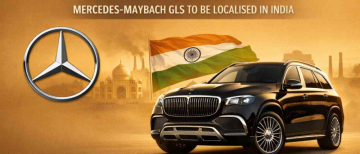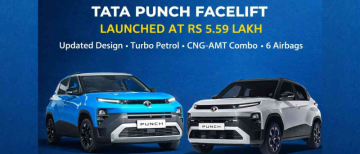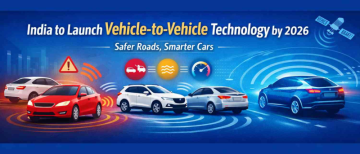When buying a new car, it is essential you make the right decision about which type of fuel suits your motoring needs best. The market sentiment is that diesel cars are the need of the hour. Diesel-powered cars have slowly become the default choice for Indian car buyers, but is a diesel really worth the price difference over a petrol model?
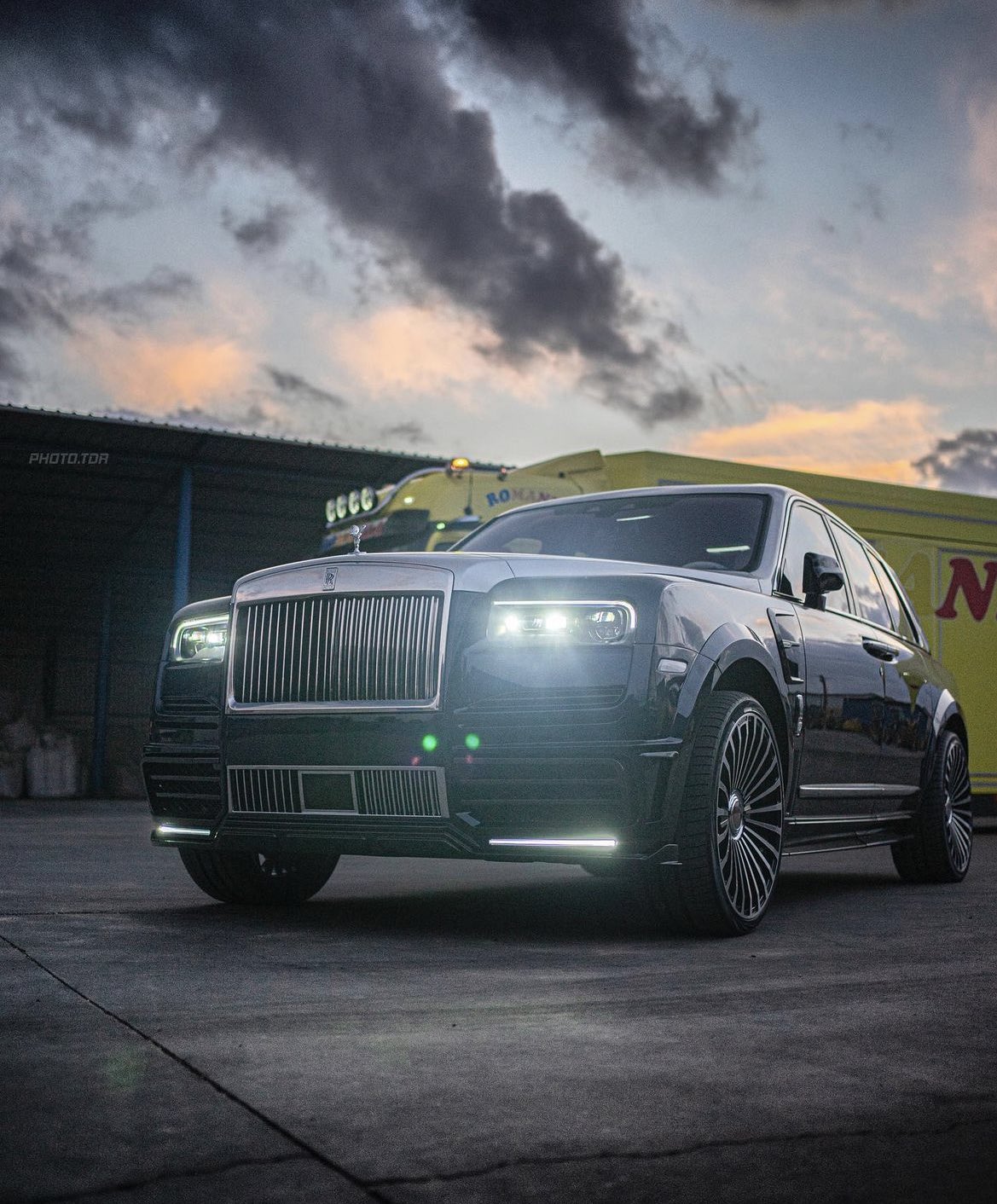
This is a question all new car buyers must answer if they are to benefit from the running cost benefits of a diesel car.
Diesel engines have clearly advanced over the last decade, making them more appealing. While we have seen an increase in the market share of diesel cars, petrol cars today are fighting back. We all know diesel is cheaper at the pump than petrol, and it also offers better fuel economy, but tallying up the numbers can reveal startling facts.
The true value of a diesel over petrol isn’t as black and white as you may think. Read on to understand how to resolve your diesel or petrol dilemma:
1) Find the difference in price between petrol & diesel models:
Shortlist petrol & diesel cars that fit your budget. Get the on-road prices & calculate the price difference.

2) Calculate how many litres you would consume on average every year:
Estimate your monthly/annual mileage and divide that figure by the real-world fuel efficiency.
3) Find out how much a litre costs and calculate how much you will spend on fuel every year:
Multiply the fuel required for a year by the current fuel prices. You will get your estimated annual fuel bill.
The Math:
Let’s take the Tata Nexon as an example. There’s a considerable price difference between the petrol and diesel variants of the Tata Nexon. We take the XZ+ petrol variant priced at 10.59 lacs while the XZ+ Diesel retails at Rs. 11.99 lacs (prices, ex-showroom Mumbai). The difference here is Rs 1.40 lakh and with an annual average running of 10,000kms, or around 850kms every month, you save a little more than Rs. 20710 a year.
With these figures, it would require you to travel around 56100 Kms to reach the break-even mark in 5.75 years. However, this is an extreme case and there are models with a lower price difference between their respective petrol and diesel variants.
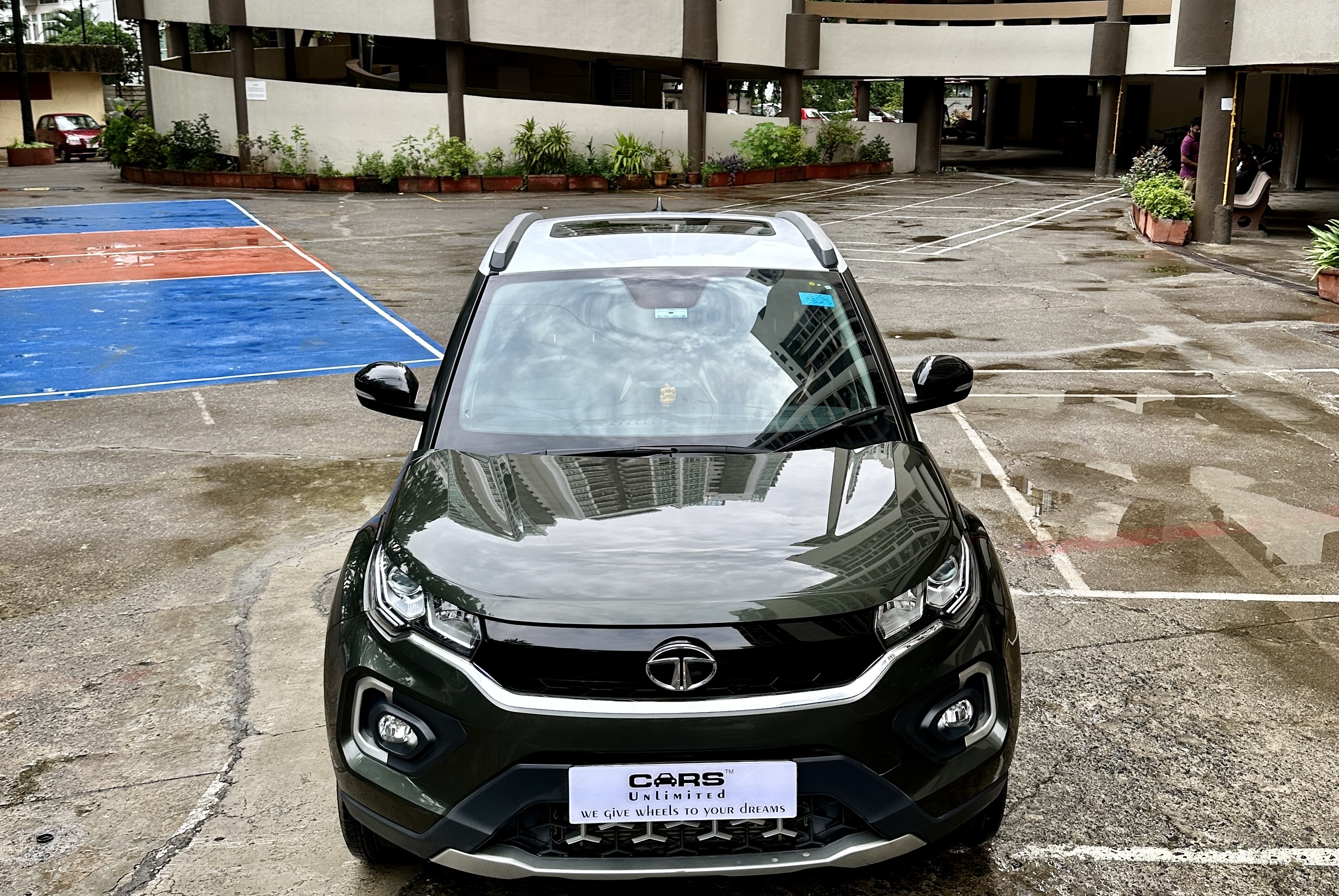
Your buying decision should also consider parameters like service cost, EMIs (in the case of car finance) and, ultimately, the resale value. The diesel model will incur higher servicing bills, thanks to costlier spare parts. In terms of EMIs, the Rs 1.40 lakh premium paid for a diesel Tata Nexon will increase your monthly instalments by Rs. 4468 at the rate of Rs. 3192 per Rs 1 lakh for a three-year loan tenure.
(The average and the fuel prices have been assumed to be the same for the sake of calculation).
This will almost negate your savings on cheaper diesel fuel.
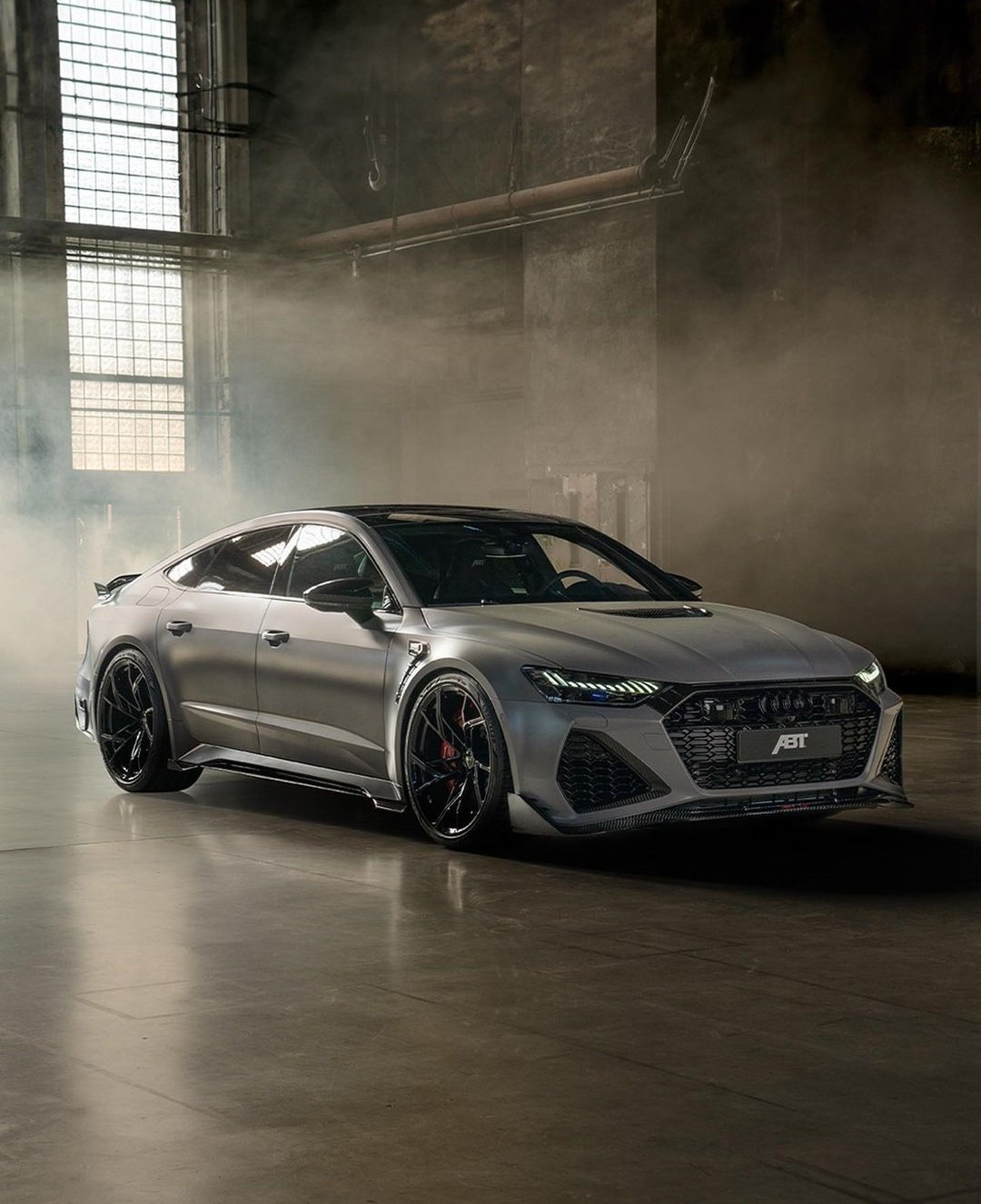
But the diesel does have an ace up its sleeve – the resale value.
Depending on the condition of your vehicle, a diesel model will fetch you more in the used car market compared to a petrol-powered car.
CASE STUDY:
Tata Nexon XZ+ (Petrol) --> Rs. 10,59,900/-
Tata Nexon XZ+ (Diesel) --> Rs. 11,99,900/-
a) Price difference between a Petrol & Diesel Nexon is Rs.1,40,000/-
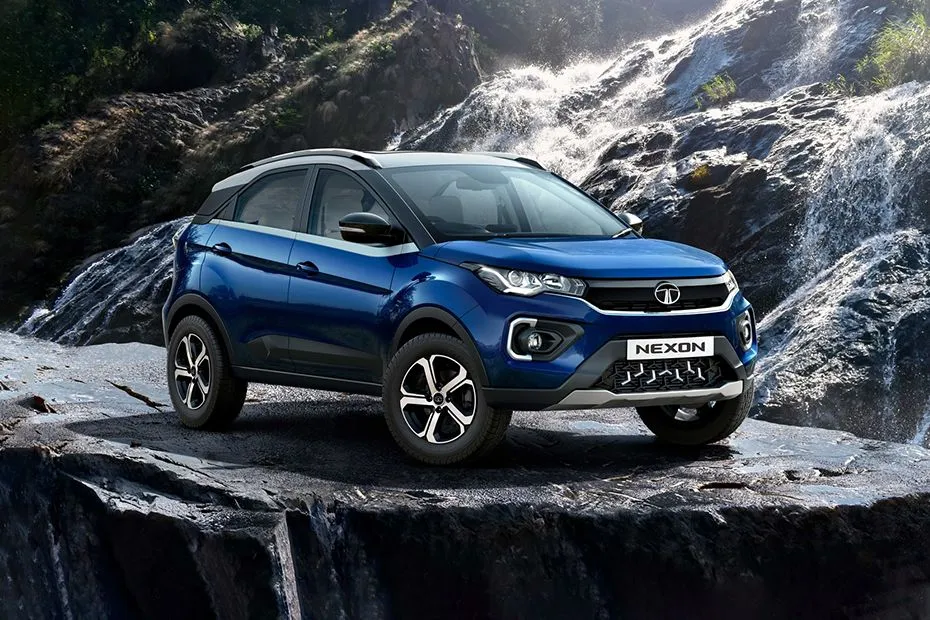
Fuel Economy in City:
Petrol: 17.33 Kmpl
Diesel: 23.22 Kmpl
Yearly Average Running 10,000 Kms
b) Litres Consumed Every Year:
Petrol: 10,000 Kms / 17.33 Kmpl = 577 litres
Diesel: 10,000 Kms / 23.22 Kmpl = 431 litres
c) Cost of fuel for a Year:
Petrol: 577 x Rs. 106.31 = Rs. 61,341/-
Diesel: 431 x Rs. 94.27 = Rs. 40,630/-
The amount you save on the Tata Nexon Diesel (on 10,000 Kms a year) = Rs.20,711/-
Therefore, the time to recover Rs. 1,40,000/-, the difference in purchase price between the Petrol & Diesel Nexon is:
Rs. 1,40,000/- (Price Difference) divided by Rs. 20,711/- (amount saved on Diesel running 10,000 Kms a year) = 6.75 or roughly six and a half years or 67,500 Kms (6.65 x 10,000Kms).
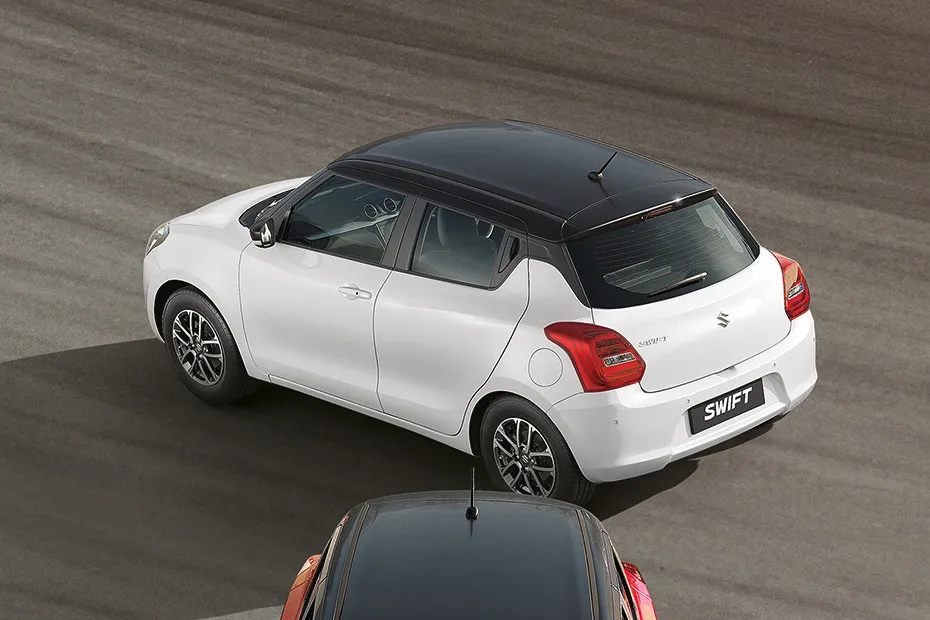
When to buy a petrol car:
If your average monthly running is less than 1,000-1,200 kms.
If you are on a tight budget, a petrol car suits you best.
If you plan to keep the car for more than five years.
When to buy a diesel car:
If your average monthly running is more than 1,500-1,700 kms.
If you change your cars every three or four years.
If petrol and diesel cars are priced the same.

Make a sound decision - After all, that precious set of wheels is Life for many of us, right?
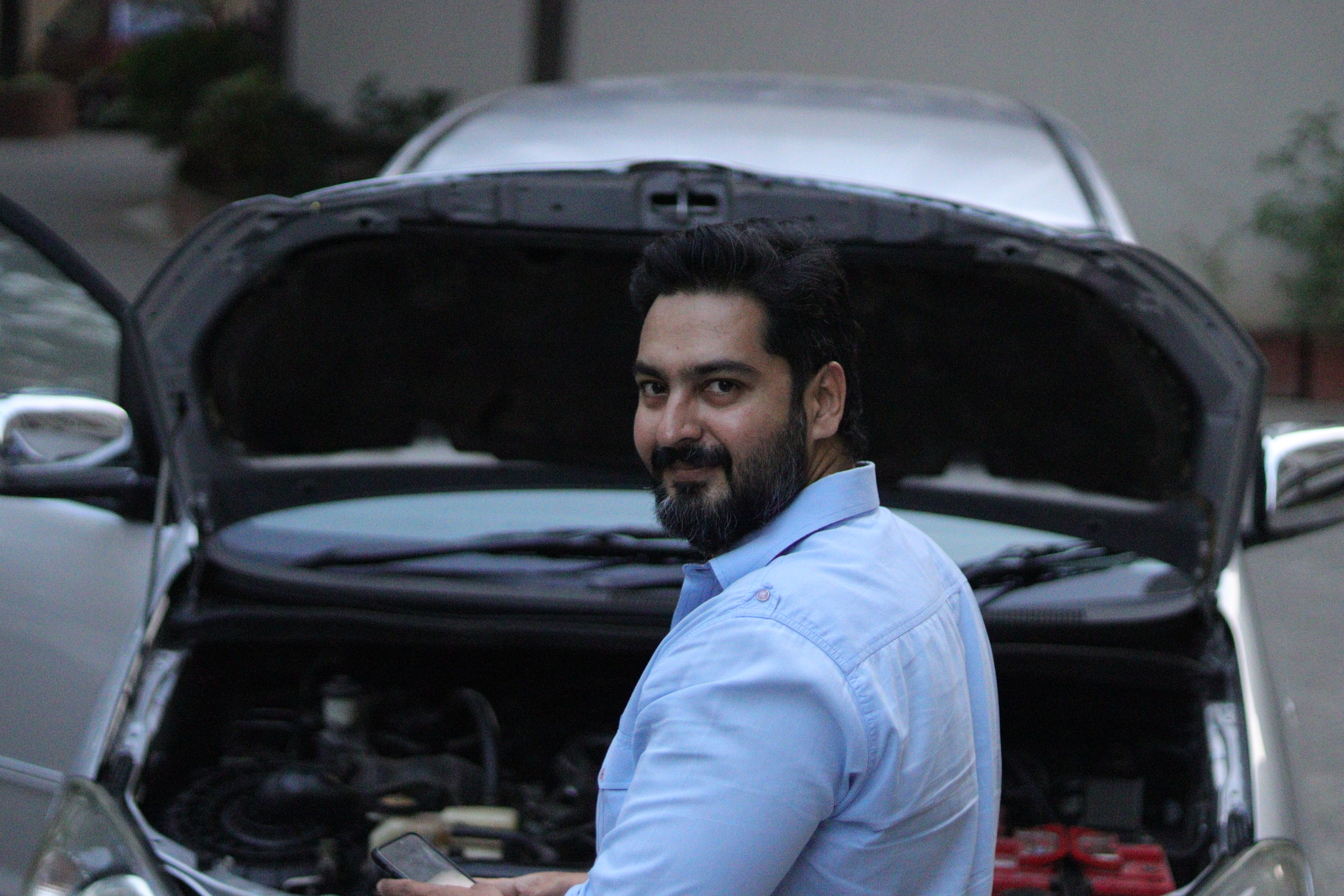
Mustafa Singaporewalla
(Founder - Cars Unlimited)
© Copyright 2023. All Rights Reserved Powered by Vygr Media.

